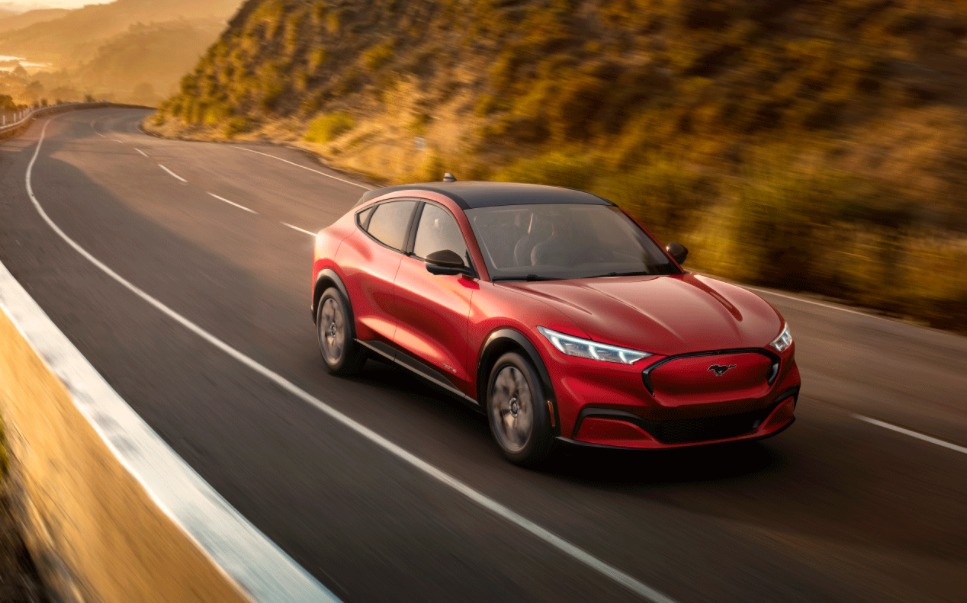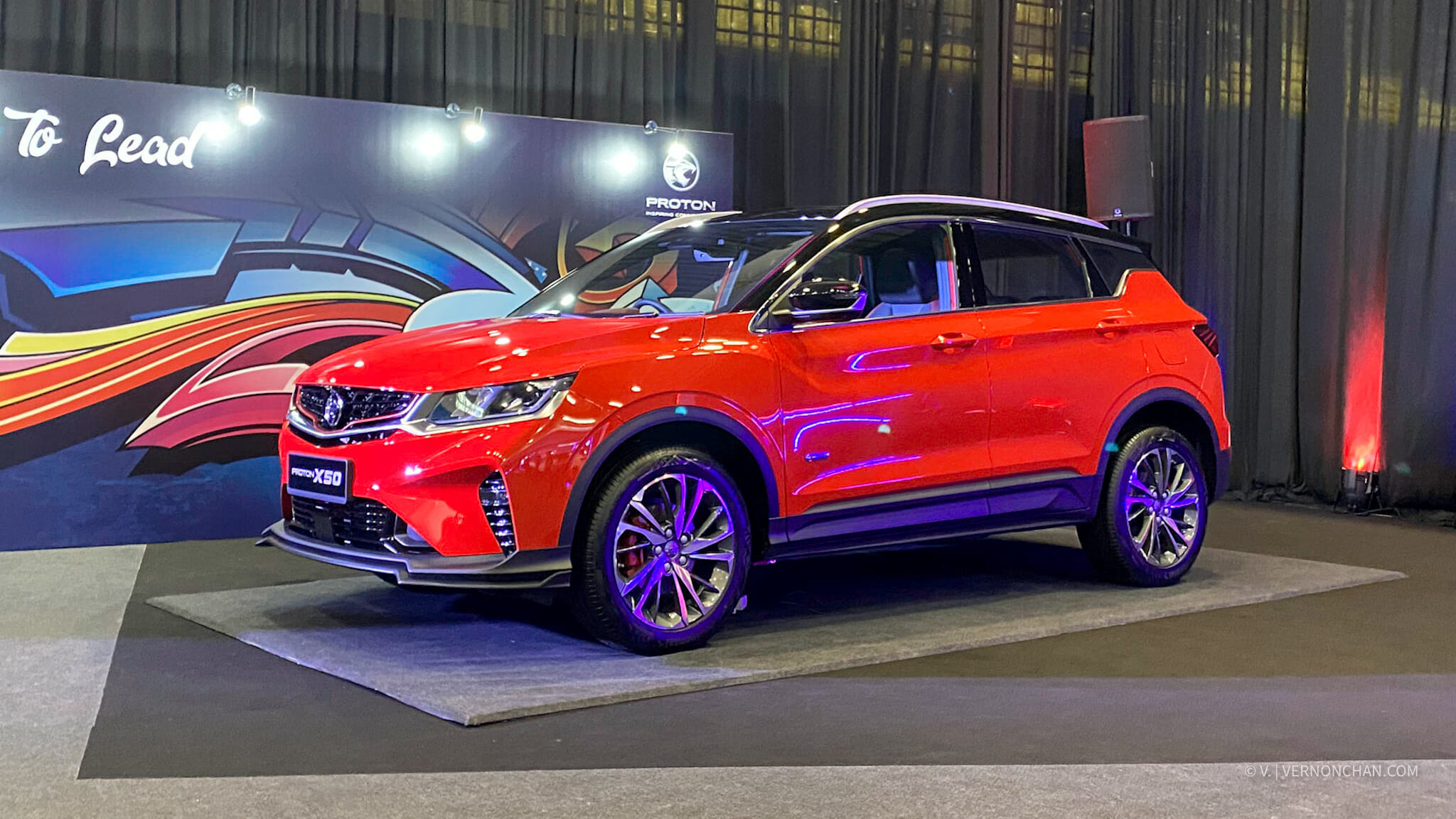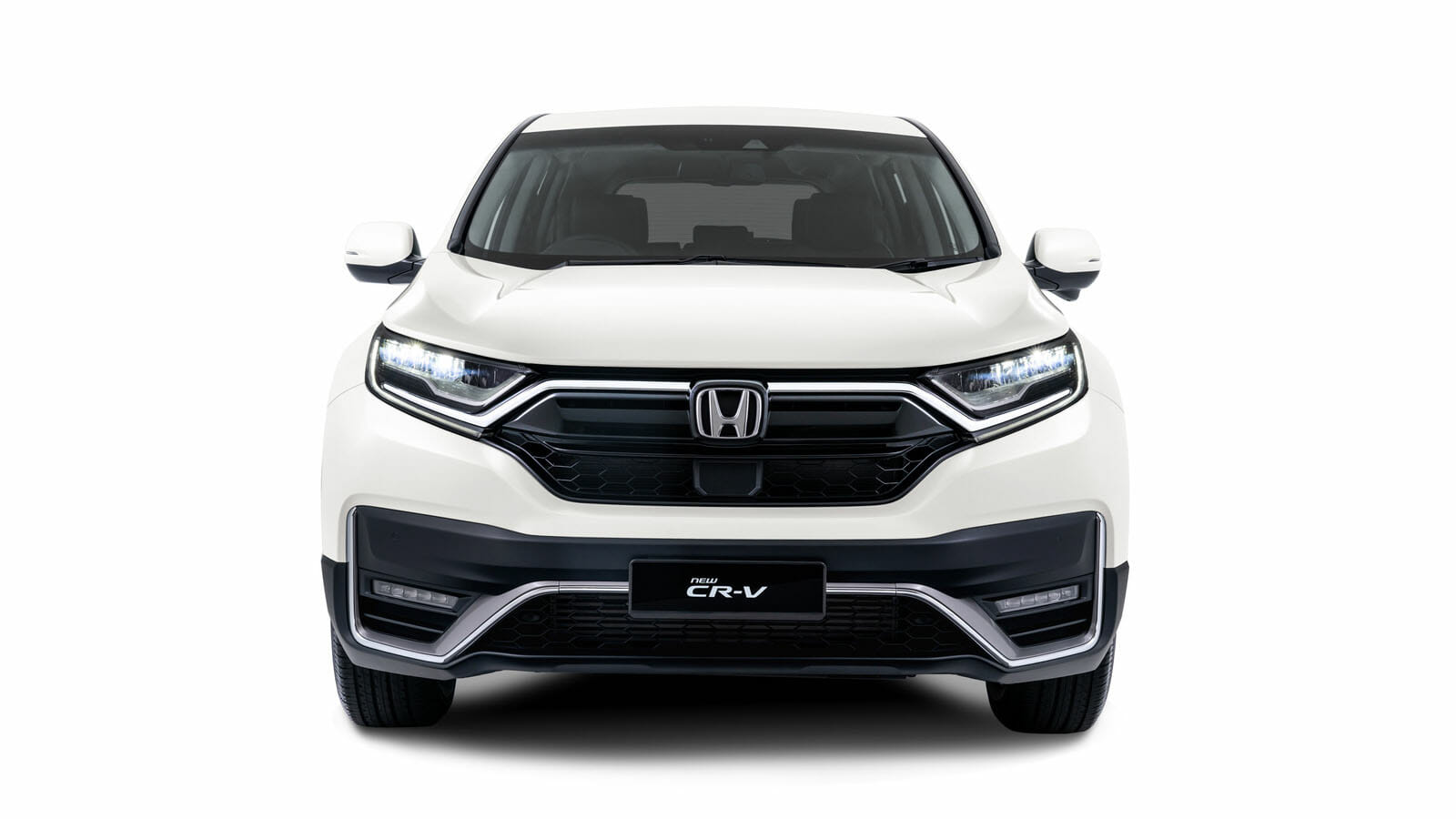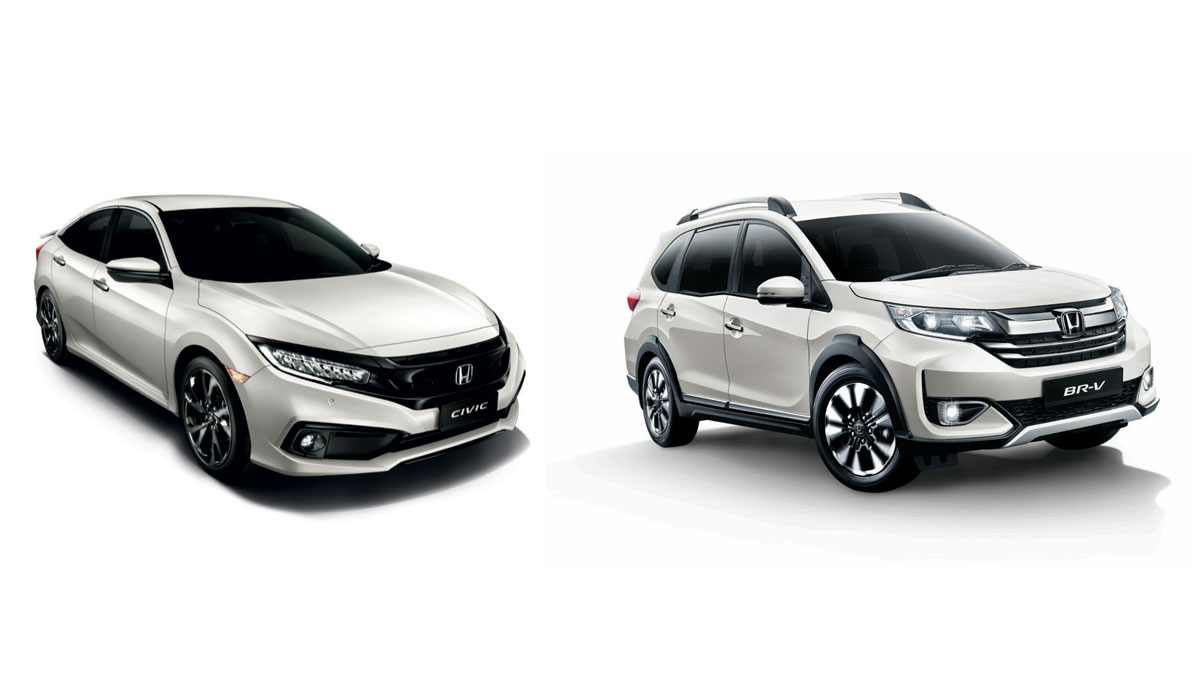What are Malaysians like on the road? How do you cope with traffic and stress? Shell, in partnership with Goldsmiths, University of London, conducted an emotion tracking study in Kuala Lumpur between 15–25 April 2017. Using the latest wearable technology, the study monitored driver emotions, behavior and lifestyle habits to identify their impact on driving efficiency and performance.
As you know, Shell recently launched its new fuels powered by DynaFlex technology. After five years of research and development using 250 different vehicles and spanning over 3 million kilometres, the new fuels are Shell’s most efficient and advanced yet.
But of course, efficiency extends beyond fuels alone. Shell wanted to know more. And thus, the emotion tracking research was created to better understand how drivers can be as efficient as possible.
For instance, an aggressive driver may use more fuel than a calm, smoother driver. The research aims to uncover what motorists can do to be more fuel efficient.
Before we delve into the findings, let me give you a backgrounder on the research journey.
The research journey
The study was conducted in Kuala Lumpur, from 15–25 April 2017 by Dr. Chris Brauer and researchers from Goldsmiths, University of London.
It involved 300 volunteer drivers, who drove 2,500 journeys. The study captured over 150,000 data points from various sources.
Firstly, the Shell Motorist App, using GPS technology, monitors acceleration and braking.
Wearable technology in a form of emotion tracking wristbands measure biometric information such as heart and breath rate, mood, sleep and exercise.
Chatbots are used to have direct conversations with motorists before and after their journeys.
Live updates from real-time weather and traffic information sources show what external factors are affecting drivers on the road.
Lastly, surveys are done to understand more about driver personalities, attitudes and their lifestyle habits.
Now that that’s clear, here are some fast facts.
Malaysian drivers set the bar
Drivers in Kuala Lumpur set the bar for the global study, with an efficiency score of 61%.
The sad reality of driving in the city? Of over 300 motorists studied, the average speed was just 14.5km/h. How does this affect efficiency and fuel consumption?
Surprisingly, Malaysian drivers have a resilience to stressful driving conditions, such as traffic congestion. There’s no data on how they react to queue jumpers or lane hoggers, though.
In any case, across over 2,500 journeys in the city, the overall mood of motorists was revealed to be 77% calm. The average heart rate? A cool 77BPM. Surprised? I am.
Also, the average journey time was 36 minutes, with an average journey distance of 19kms within the city. Sounds about right.
Some key findings and takeaways:
Drivers who reported feelings of anger were found to be less efficient, compared to those who remained calm.
Those who consciously relax to reduce stress end up achieving higher driver efficiency and smooth journey scores.
On the flipside, drivers who have an affinity towards power (to maintain control), creativity and high emotional stability are less likely to be stuck in traffic. They tend to seek out less congested routes, and be least likely to be caught in traffic.
Interestingly, those who are concerned with the wellbeing of others also demonstrated higher than average efficiency.
From the pool of 300 drivers, two distinct high-performance drivers stood out.
Smooth and steady does it
This driver–let’s call her Miss S–scored in the top 10% of efficiency scores, achieving an average smooth trip score of 99%. That’s impressive. She tended to be more courteous and cautious on the road. Plus, she also had a strong consideration for others.
People have different coping mechanisms to stress and traffic. Her smooth and steady style can be attributed to several factors:
- She always listens to music while driving, and even admits to singing along the journey.
- She eats a balanced diet, consuming a portion of fruit and two portions of vegetables daily. Additionally, she eats healthy snacks, juice, a daily coffee, with an odd sugary treat.
- She exercises 2-3 times a week.
- She stays hydrated, and always keeps a bottle of water in the car.
- She takes time to recharge her batteries by resting well.
Playing it smart
The other high performing driver, Mr. T, takes a different approach to efficiency (above the average score of 63%). He’s a “Smart Time Saver.” By taking matters into his own hands, he is among the least likely to be caught in traffic.
He has a faster average speed (20km/h), compared to other participants. This may be due to his tendency to “be creative” and seek less congested routes.
Some of his attributes include:
- He stays significantly calmer than average behind the wheel, with an average smooth score of 92%. This is within the top 25% of partipants.
- He admits to be a restless sleeper (waking 3-4 times each night), but doesn’t tire easily. His low fatigue levels were measured by the wearable device.
- His driving style reveals his powerful and assertive personality, with strong acceleration.
- Instead of being stuck idle in traffic, he prefers to take a longer, moving route. This is indicated with his average journey time of 27 minutes, despite recording faster average speed levels.
- Friends describe him as a social, expressive and talkative person.
Thoughts
IMHO, this is an insightful study that reveals some surprising findings. Firstly, the fact that Malaysian drivers can “stay calm” in stressful traffic jams and other external factors.
It’s clear that drivers have their own coping mechanisms, as well as differing lifestyles.
The key takeaway is that smooth and steady driving with a cool head translates to better efficiency and performance.
How do you cope with traffic and stress? What kind of driver are you? Drop your comments below.






